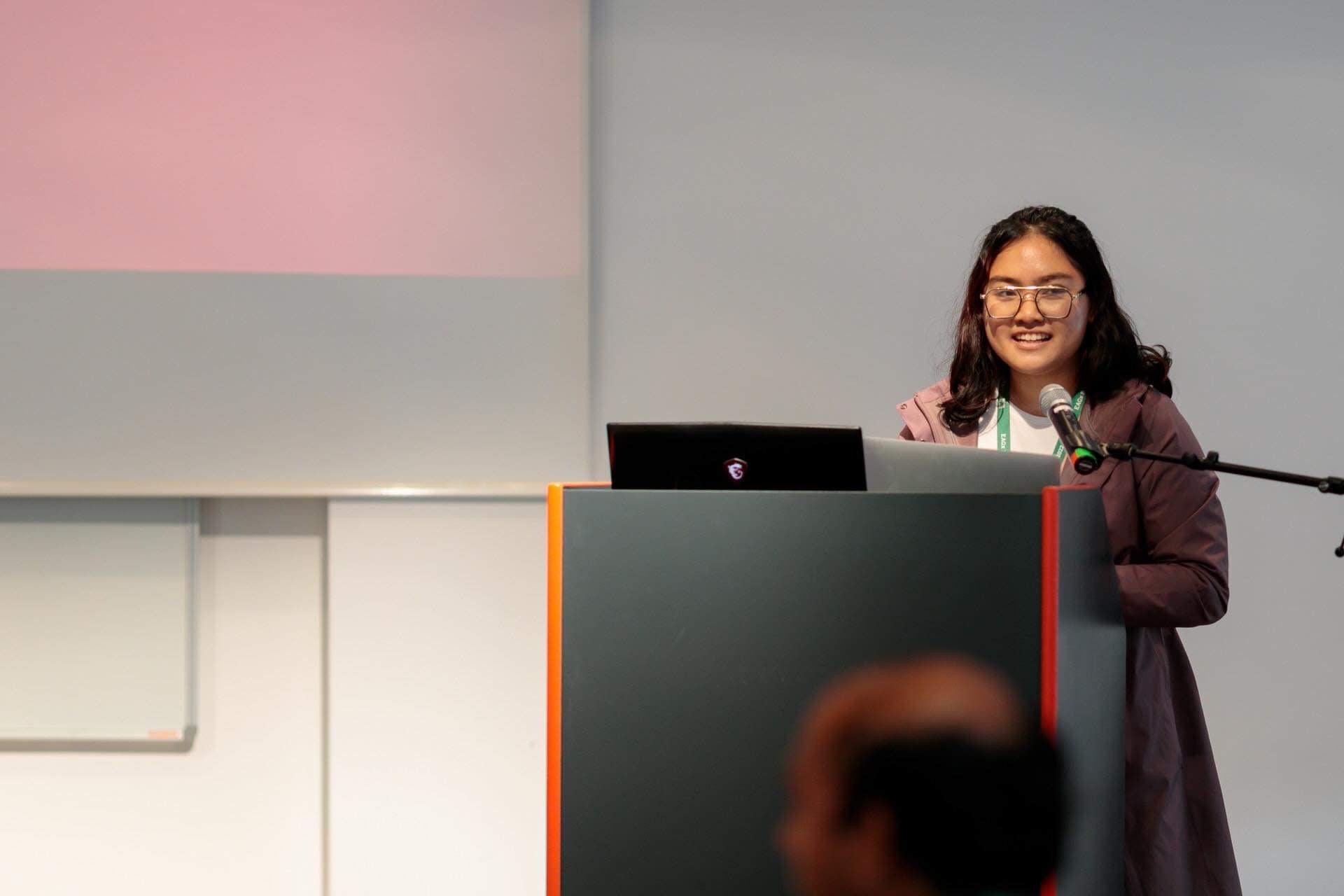Alternate title: EA Job Boards Board
Epistemic status: this is a quickly drafted and incomplete list. This is not wisdom.
What am I missing from this list of organizations and options relevant to job-seekers?
Career/Jobs Organizations
80,000 Hours
Animal Advocacy Careers
https://freelancingforgood.com/ (another job board)
High Impact Professionals
High Impact Recruitment
EA Opportunities
EA Pathfinder
Open Philanthropy's career development and transition funding (they may have other services I have failed to include)
Pineapple Operations
Probably Good
Nonlinear advises for AI safety careers in technical, governance, or meta
(don’t forget to actually talk to the orgs who offer advising or other services)
Facebook groups (such as effective altruism job postings) - there are a number of industry or location oriented groups as well. See this effective altruism groups directory - or this list of online groups, some of which are profession oriented
The opportunities channel in the EA Anywhere Slack.
EA Global events are very much networking events and, I suspect, partially job fairs.
Don’t forget about high-impact jobs outside of explicitly-EA orgs.
80,000 Hours may have a big list of unexplored, potentially high-impact paths but I couldn't find it in a quick search.
I’ve probably got a huge blindspot around options for students and academics so those are largely missing from this list. Scholarships for students?
Make your own job:
- apply for a grant (big list here, or manifund.,
FTX Future Fund - start your own charity/organization/enterprise (e.g. with Charity Entrepreneurship, or on your own)
- start a startup and earn to give
- start an impact-focused for-profit company
(Considerations apply when starting your own project, such as: downside risk, but also the risk of being ambitious enough)
Make someone else’s job:
- earn to give some other way
- or save for your future self to put time towards impact
Win your job retrospectively:
- prizes
- impact markets / impact certificates




High Impact Professionals at it again: Sign up for our Talent Directory if you’re interested in getting a high-impact job